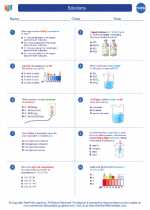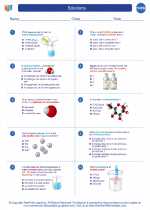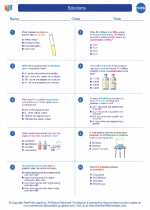Understanding Evaporation
Definition
Evaporation is the process by which a liquid transforms into a gas at a temperature below its boiling point.
Molecular Level Process
At the molecular level, the particles in a liquid have different energies. Some particles at the surface of the liquid have enough energy to break free from the attractive forces of the liquid and escape into the air as vapor.
Factors Affecting Evaporation
Several factors influence the rate of evaporation, including:
- Surface Area: Larger surface area leads to faster evaporation.
- Temperature: Higher temperatures provide more energy for evaporation.
- Humidity: Lower humidity levels facilitate faster evaporation.
- Wind Speed: Increased air movement can speed up evaporation by carrying away vapor molecules from the liquid's surface.
Applications of Evaporation
Evaporation has numerous practical applications, such as:
- Drying Clothes: Wet clothes dry through evaporation of water from their surface.
- Food Preservation: Preservation of food through dehydration involves evaporation of moisture from the food.
- Separation Processes: Evaporation is used in processes such as distillation to separate mixtures based on differences in volatility.
- Climate System: Evaporation is a key component of the Earth's water cycle, driving the transfer of water from the Earth's surface to the atmosphere.
Study Tips for Evaporation
To understand and remember the concept of evaporation, consider the following study tips:
- Visualize the Process: Use diagrams or animations to visualize the molecular process of evaporation.
- Practice Problems: Solve problems related to evaporation and its influencing factors to reinforce your understanding.
- Real-life Examples: Relate the concept of evaporation to everyday situations, such as drying wet clothes or the formation of clouds in the sky.
- Review Applications: Understand the practical applications of evaporation to appreciate its significance in various processes.
◂Chemistry Worksheets and Study Guides High School. Solutions
The resources above cover the following skills:
CHEMISTRY
Matter and Its Interactions
Use mathematics and computational thinking to express the concentrations of solutions quantitatively using molarity.
Develop and use models to explain how solutes are dissolved in solvents.



